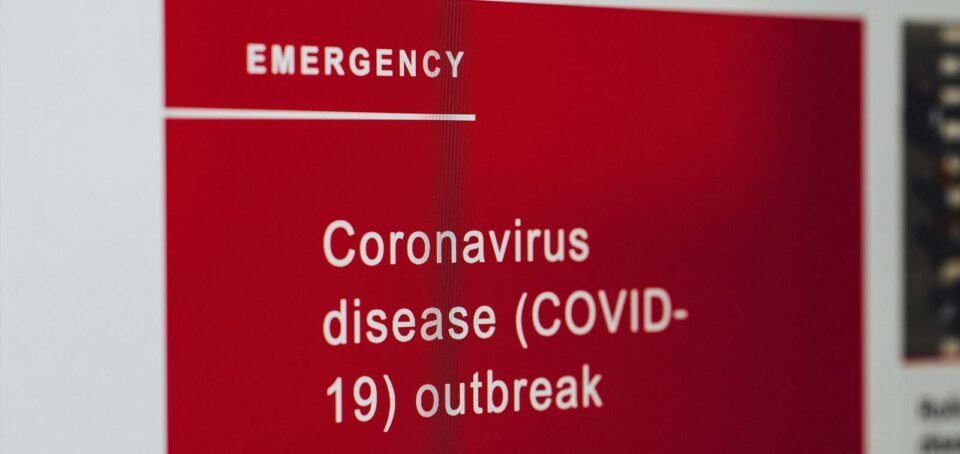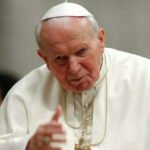The World Health Organization formally declared COVID-19 a pandemic on March 11, 2020, three years prior. The world had lost the power to contain the unique coronavirus as it spread over the planet.
The growing disease was met by a mixture of denial, skepticism, and dread in many nations. In the weeks preceding that WHO statement, the following was said by political figures and representatives of the global health community.
On January 5, 2020, WHO said that their China Country Office had learnt of “cases of pneumonia of unclear etiology (unknown cause) found in Wuhan City, Hubei Province of China, less than a week earlier. The national authorities in China have notified WHO of a total of 44 people with pneumonia of unclear cause as of 3 January 2020.
On January 9, 2020, WHO continues to report on the situation in China. WHO continues to actively watch the situation. “Chinese authorities have made a preliminary conclusion of a novel (or new) coronavirus, found in a hospitalized person with pneumonia in Wuhan.”

Jan. 14, 2020: Early on, public health authorities had little clue that this new coronavirus would become widespread. “Based on the evidence that we have, it is possible that there is limited human-to-human transmission, possibly among families, but it is very obvious right now that we have no sustained human-to-human transmission,” Maria Van Kerkhove, the interim head of WHO’s emerging diseases unit, told Reuters.
22 January 2020: President Donald Trump responded without hesitation to a question from CNBC regarding his concerns about an upcoming pandemic: “No. No, not at all. We have complete control over it. We have things under control even though only one person is entering from China. Everything will work out well.
Jan. 23, 2020: In a statement, WHO Director-General Tedros Adhanom Ghebreyesus stressed that the coronavirus outbreak was not yet a global public health emergency. Make no mistake, he continued. Although this is a Chinese problem, it is not yet a worldwide health emergency. It might eventually do so.
Wuhan was likewise winding down. “No people in #Wuhan… will be permitted to exit the city starting 10 a.m. of January 23,” the Chinese tabloid People’s Daily tweeted. The city bus, subway, ferry, and long-distance shuttle bus will all be temporarily closed in addition to the train stations and airport.
Jan. 29, 2020: Those in charge of world health were issuing more grave warnings. The leader of the WHO’s Health Emergencies Programme, Dr. Mike Ryan, declared in Geneva that “the entire world needs to be on alert right now. The entire world must act and be prepared for any cases that originate from the epicenter or another established epicenter.
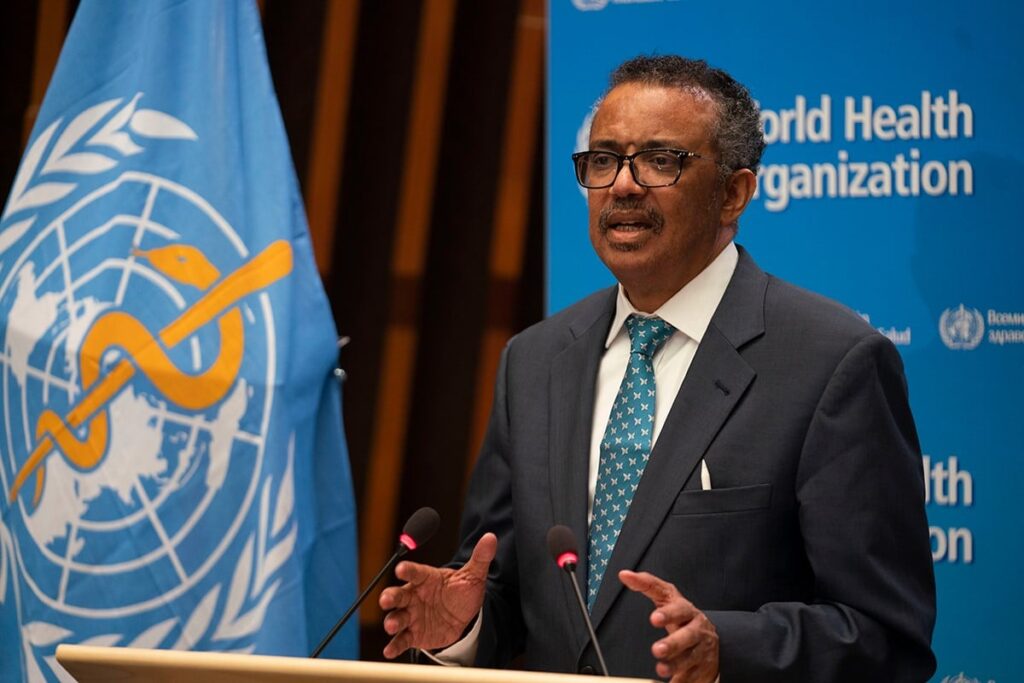
Jan. 30, 2020: A previously unidentified disease has emerged during the past two weeks, Tedros added, and it has grown into an extraordinary outbreak. He continued by stating that there was “an international public health emergency due to the global new coronavirus outbreak. This announcement was made primarily for international political reasons, not because of what is happening in China.
The Centers for Disease Control and Prevention’s Dr. Robert Redfield made the following statement on the same day: “Given what we’ve seen with the new coronavirus in China and other countries, CDC specialists have anticipated some person-to-person transfer in the U.S. We acknowledge that this might be worrisome, but given what we know now, we still think there is little imminent risk to the American people.
Feb. 3, 2020: China President Xi Jinping claimed that early action was taken against the novel coronavirus and that he had “explicitly requested” that Hubei province, where Wuhan is located, undertake thorough and stringent restrictions on people outflow on January 22.
British Prime Minister Boris Johnson spoke in Greenwich, UK, on same day as well. “Humanity needs… some country ready to take off its Clark Kent spectacles and leap into the phone booth and emerge with its cloak flowing as the supercharged champion, of the right of the populations of,” he said midway through. “When there is a risk that new diseases like coronavirus will trigger a panic and a desire for market segregation that go beyond what is medically rational to the point of doing real and unnecessary economic damage.
The National Institute of Allergy and Infectious Diseases’ head in the United States, Dr. Anthony Fauci, was concerned in the meanwhile. He said to CNBC: “It’s getting worse. There is no doubt that the number of instances rising from day to day is doing so rapidly.
Li Wenliang, an ophthalmologist at Wuhan Central Hospital and a whistleblower who was lauded for his efforts to inform the medical community of the new virus, has a memorial in Hong Kong. Police called him in and warned him for posting what they considered to be fraudulent statements online. On February 7, 2020, he passed away from the infection.
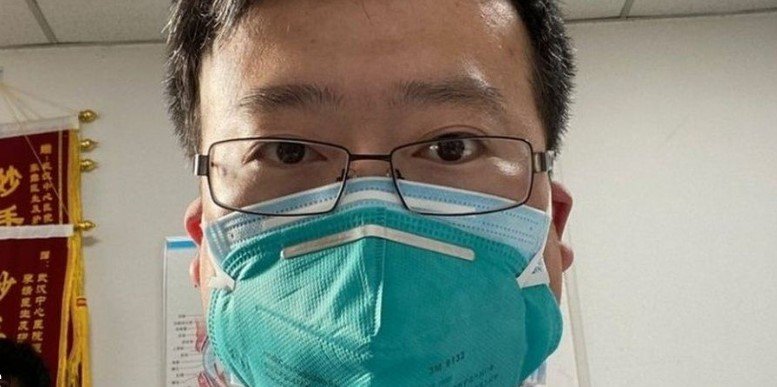
Dr. Li Wenliang, an ophthalmologist in Wuhan, passed away on February 7, 2020, roughly a month after becoming ill with the new coronavirus. By initially raising the alarm about the new virus and then receiving criticism from Chinese officials, he had attracted attention.
In an interview with The New York Times a week before he passed away, Li said, “I felt I was being harmed, but I had to accept it. I was compelled to sign a statement indicating I had spread a story. It was clear that I was behaving with good intentions. Seeing so many individuals lose loved ones made me feel very sad. He continued, “I think it would have been much better if the officials had shared information about the outbreak earlier. There ought to be more transparency and openness. Li’s wife, who was carrying their second child at the time, and son both survived him.
On February 11, 2020, Tedros formally christened the novel coronavirus at a WHO briefing. The sickness now has a name, he declared. “COVID-19. I’ll say how to spell it: COVID-19 (with a hyphen). The “19” alludes to 2019, the year the virus first appeared. In reference to the use of terms like “Wuhan virus” and “China virus,” Tedros stated, “having a name matters to prevent the use of other names that can be erroneous or stigmatizing.” It also provides us with a uniform format to use for any future coronavirus epidemics, he continued.
He pressed world leaders to concentrate on limiting the virus during the same briefing. In his opinion, a virus is more capable of causing social, economic, and political instability than any terrorist assault. A virus has the potential to cause more damage than any terrorist act. We won’t learn our lesson if the world doesn’t wake up and declare this hostile virus to be the number one public enemy.
Feb. 22, 2020: Tedros cautioned that the window of opportunity for limiting this virus is closing due to the growing indicators of transmission outside of China.
President Xi said in a speech on February 23, 2020, “This is both a crisis and a significant test for us.”
The incident manager for the COVID-19 response at the CDC, Dr. Nancy Messonnier, discussed the potential for canceling major gatherings and closing businesses and schools in a telebriefing on February 25, 2020. She realized that the situation would seem daunting and that there might be a significant disturbance to daily life.
The WHO increased the coronavirus risk from “high” to “very high” on February 28, 2020. The Ministry of Health in New Zealand reported that a person in their 60s who had recently returned from Iran had the country’s first verified case of COVID-19. Under the direction of Prime Minister Jacinda Ardern, New Zealand would go on to have one of the best early reactions to the coronavirus, containing the disease by sealing its borders and shutting down significant portions of its economy.
On March 3, 2020, Prime Minister Johnson said, “You’ll be happy to know that I shook hands with everyone and I continue to shake hands. I was at a hospital the other night where I think… there were actually coronavirus patients.” Ten days after testing positive for COVID-19, Johnson would need “liters and liters of oxygen” when he went back to the hospital less than a month later.
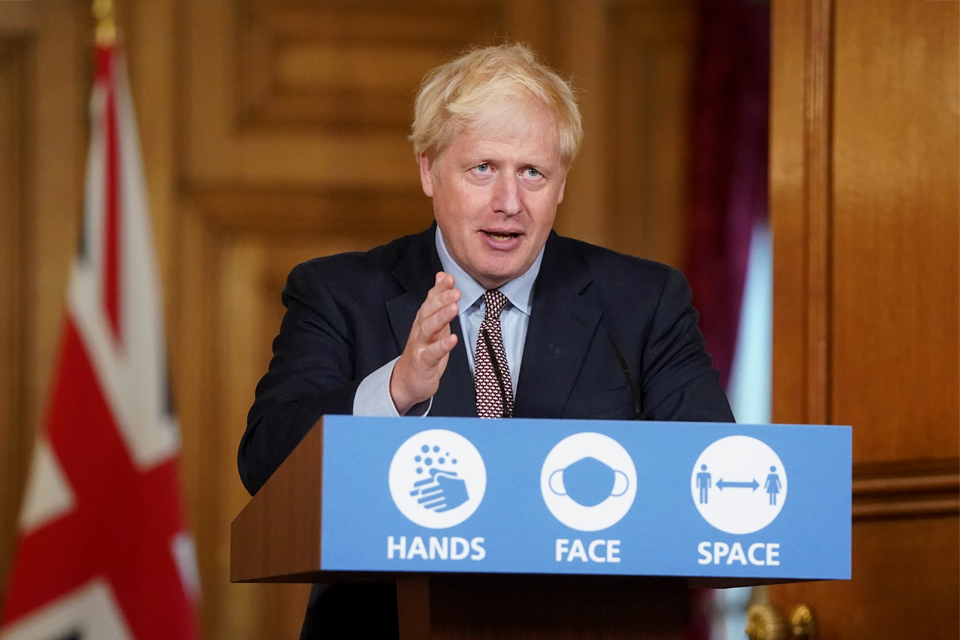
March 9, 2020: Brazilian President Jair Bolsonaro stated, “In my opinion, the destructive power of this virus is overestimated. It might even be promoted for commercial gain. Brazil had only reported 25 COVID-19 cases and no fatalities up to this point. Currently, the virus is to blame for nearly 700,000 deaths in Brazil.
Giuseppe Conte, Italy’s prime minister, ordered the north of the country to be shut down due to an early and widespread outbreak. It was a controversial choice. The “darkest hour” for Italy, Conte said to the newspaper La Repubblica. He continued, “It is not simple to accept personal sacrifices in front of a common good and change life habits from one day to the next. Yet if everyone follows the rules, the nation will soon be able to stand tall once more.
March 10, 2020: President Trump declared, “It will go away,” following a meeting with Republican senators, despite outbreaks in Brazil, Italy, and more than 100 other nations as well as obvious signs that the coronavirus was spreading within Washington state. Keep your composure. It will disappear.
March 11, 2020: WHO had classified COVID-19 as a virus of concern in January. Tedros updated it in a statement that read: WHO has been monitoring this outbreak round-the-clock, and we are gravely worried by the worrying severity and delay. We have determined that COVID-19 fits the definition of a pandemic.
The first coronavirus-related pandemic was later brought on by COVID-19. Globally, there have been 759 million cases and about 7 million fatalities after more than three years.

